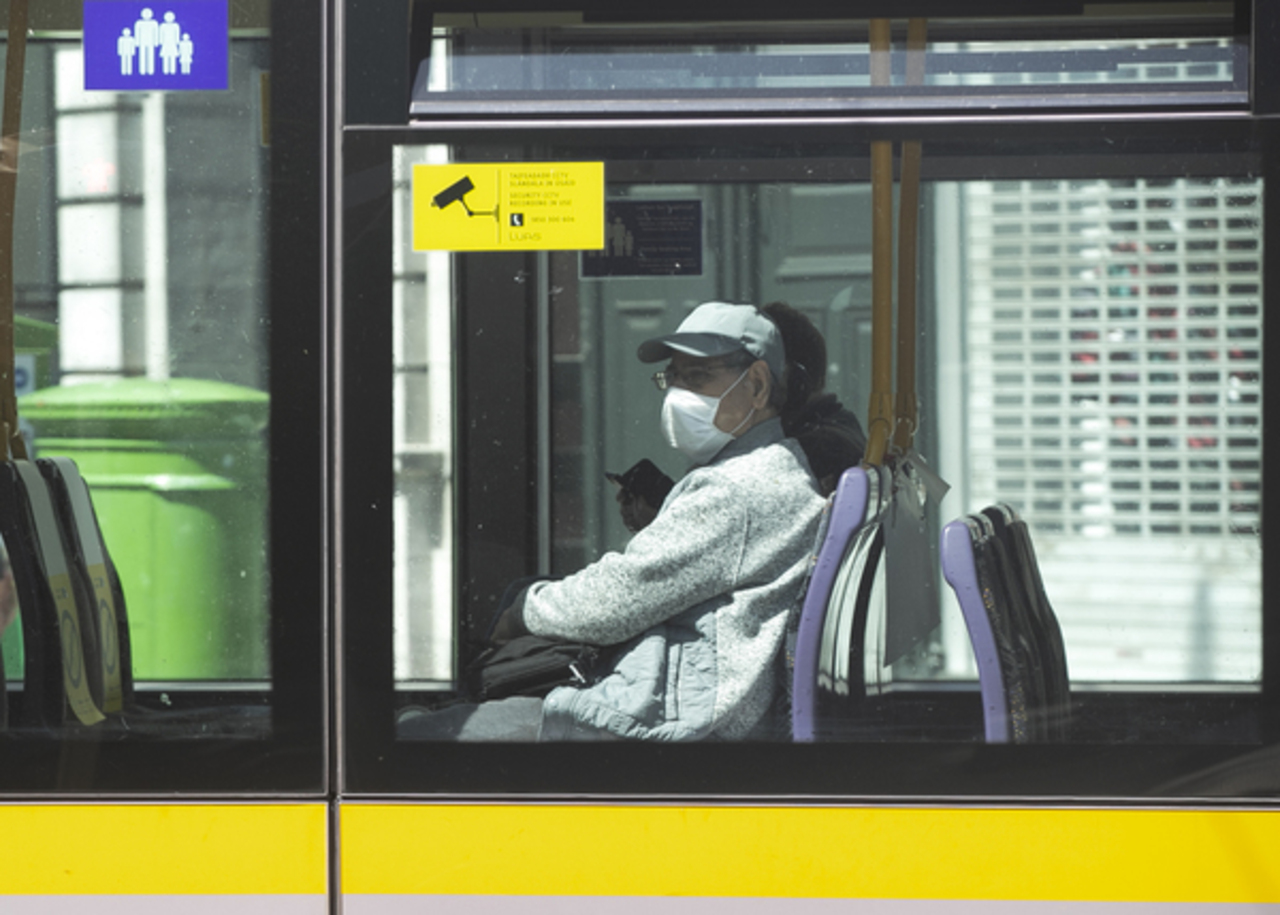
Nearly 50% of people don't know they need to isolate with less common Covid-19 symptoms
The ESRI study suggested that there was a significant gap in people’s knowledge of when to isolate.
by Dominic McGrathA NEW STUDY suggests that nearly 50% of people don’t know that they need to self-isolate if they have less common Covid-19 symptoms, such as a sore throat or aches and pains.
An online experiment, carried out by the Economic and Social Research Institute (ESRI), found that 49% of a sample of Irish people failed to recognise that someone experiencing some flu-like symptoms should isolate.
The study, carried out in April, found that 88% of people thought that someone with a fever or dry cough should self-isolate.
The experiment had a representative sample size of 500 people.
“Self-isolation will continue to be a vital part of the battle against COVID-19 in coming months, so we need people to understand when it is needed,” said Pete Lunn, head of the ESRI’s Behavioural Research Unit.
The unit is working with the National Public Health Emergency Team’s (NPHET) Behavioural Change Subgroup
“Our study shows that while understanding in relation to primary symptoms is good, the message about less common symptoms has not yet been fully absorbed.”
Health officials in the HSE and Department of Health have stressed the need for people to contact GPs early if they display Covid-19 symptoms.
People can be assessed for a coronavirus test if they experience fever, cough or shortness of breath.
The HSE also advises people to self-isolate if they have any symptoms – that includes any cold or flu-like symptoms such as a sore throat, a runny nose, coughing or wheezing.
#Open journalism No news is bad news Support The Journal
Your contributions will help us continue to deliver the stories that are important to you
Support us now
The ESRI study found that using simple flow diagrams helped improve decision making, but suggests that an online planning tool would help people feel that they could cope with a period of self-isolation.
It also found that providing information in the form of infographics helped people understand better how to self-isolate.
The ESRI said that findings from the study, which was funded by the Department of Health, will be used by department to shape the presentation of information online.